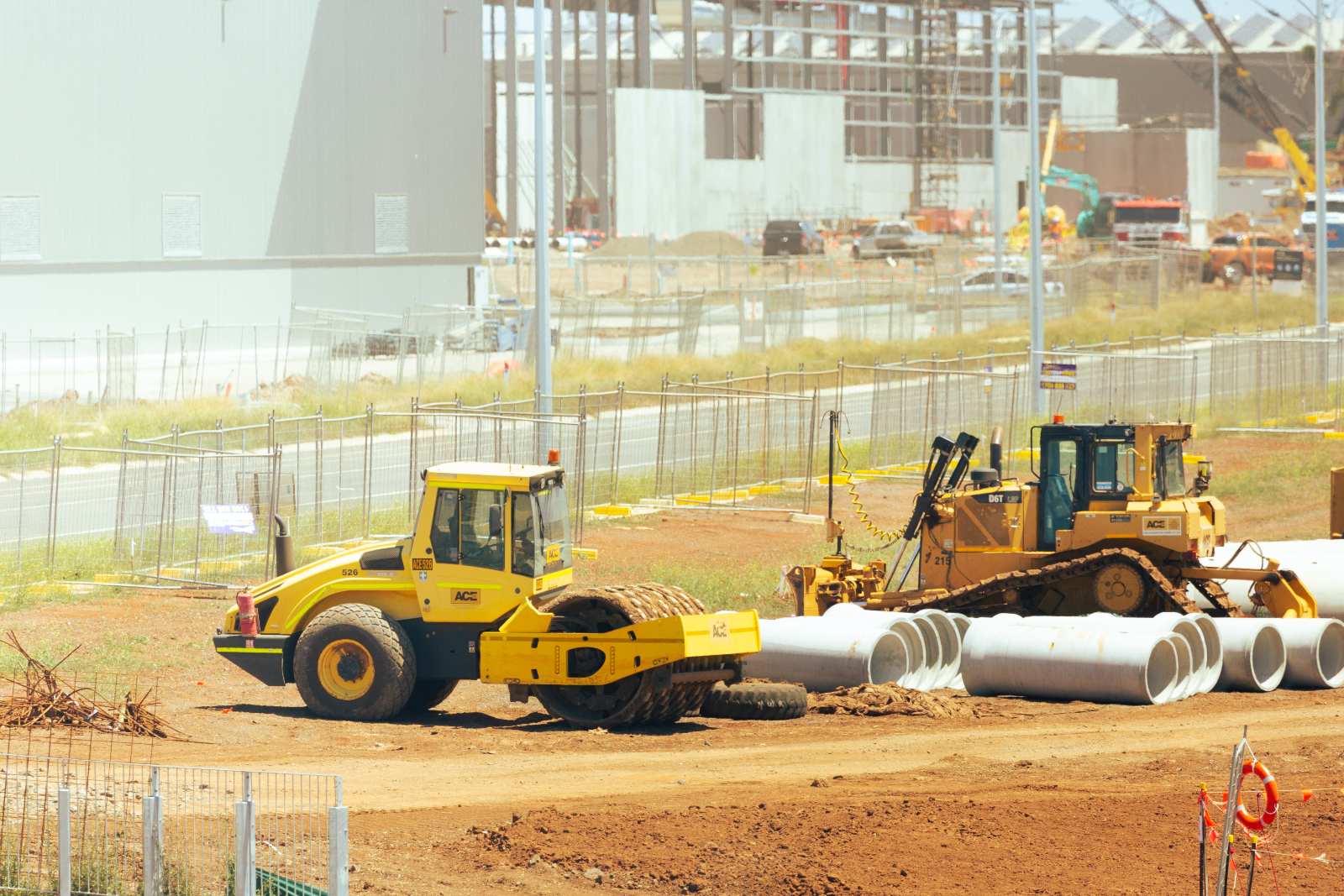2022: A year of headwinds for infrastructure players

Year in review: The biggest headwinds infrastructure players faced in 2022: Over the past year practically no infrastructure player across has been spared from the pressures of soaring commodity prices, inflation, import restrictions and the devaluation of the EGP. How hard they’ve been hit varies by sector but for most, the consequences of a tough macroeconomic environment have been far reaching in 2022.
Early in the year it became clear that infrastructure players were up against some serious challenges amid a turbulent macro environment: By 2Q 2022, soaring prices of commodities and building materials, rising global interest rates, and volatility in international financial markets saw USD 20 bn in portfolio outflows from Egypt. Contractors were especially hard hit due to import restrictions that significantly hindered many businesses’ access to building and raw materials essential for their operations. Some 10-20% of real estate developers have at some point halted their construction projects this year due to fiscal and logistical pressures, sources have previously told us. Some have even sold off projects before starting construction.
Inflation was among the most significant challenges infrastructure players have had to grapple with: As the Central Bank of Egypt (CBE) in March took measures to keep the fallout from Russia’s war in Ukraine in check, including an out-of-schedule rate hike, the EGP slid 16% against the USD by the end of March, delivering a painful blow to infrastructure players. By November, inflation had continued to accelerate, reaching a five-year high of 18.7% on the back of the CBE’s decision to float the EGP at the end of October, which caused the currency to lose c.25% of its value against the greenback.
This of course has led expenses skyrocketing for most companies: Telecom providers, digital payments providers, and real estate developers have throughout the year come under increasing pressure from mounting input costs. In real estate development, the effect has been particularly pronounced with the cost of embarking on a new project in August having risen by an estimated 40% since the start of the year due to weak exchange rates, high financing costs, higher construction materials prices, and more labor costs.
Russia’s war in Ukraine still had a hand in all this: Though it might seem like a distant memory, Russia’s invasion of Ukraine in February has been a culprit in the uptick of commodity prices and oil prices at the start of the year. Local clay brick prices went up 10% in the wake of the war in Ukraine while cement price inflation averaged at about 70-100% immediately after Russia’s invasion, according to industry insiders we’ve previously spoken to. The economic fallout from the war in Ukraine was also closely linked to the rationale behind the CBE hiking interest rates in March — which ultimately caused further cost pressures on infrastructure players.
Higher interest rates globally were responsible for an extra pinch: Developed markets have continued to see high interest rates in response to inflation and fiscal uncertainty around the world throughout 2022. Higher rates have led to a squeeze in foreign-currency liquidity in the banking system and caused Egypt's FX reserves to fall.
Our natural gas price hike has played a role. The government earlier this year enforced price increases on natural gas supplied to cement producers and brick kilns in a bid to direct more gas to export to build up the country’s reserves of much-needed FX. The move raised the price of natural gas to cement manufacturers to USD 12.00 /mmBtu, from USD 5.75 / mmBtu in. Brick kilns have been charged EGP 110.00 / mmBtu, up from EGP 73.00 / mmBtu.
So has the price of coal: The price of coal, which is used by some 16 out of 18 cement companies, has risen more than 5x during the past year, industry players have told us. The price increase remains significant for cement producers whose energy bills make up some 70% of their expenses.
Your top infrastructure stories for the week:
- Ministers have awarded a golden license for a USD 5.5 bn green ammonia plant in Ain Sokhna.
- Beni Suef dry port up for grabs: The General Authority for Land and Dry Ports will launch a tender for the management and operation of the Beni Suef dry port next year.
- More subsea cables: Telecom Egypt and Greek telecoms company Grid Telecom signed an agreement to lay a subsea data cable across the Mediterranean.